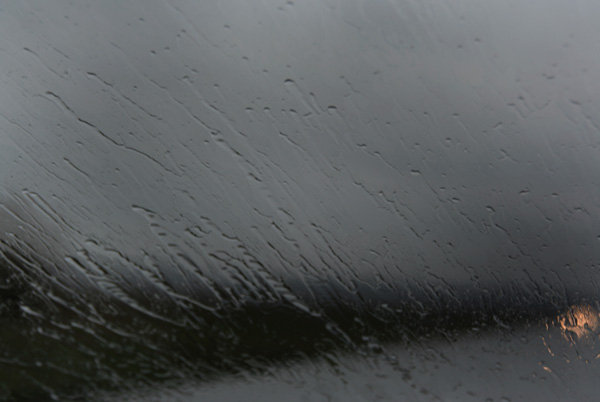Dejan Atanackovic
dal 25/5/2010 al 7/6/2010
Segnalato da
25/5/2010
Dejan Atanackovic
Artget Gallery - Belgrade Cultural Centre, Belgrade
German Lessons. The Atanackovic's work primarily has to do with a language of one part of my family. For decades, German has been the language of the discrete silence of those who survived the labour camps. Photography, objects and video are dedicated to that silence.

Photography, objects and video
The long repression of the German population in Yugoslavia and other Eastern European countries began immediately after the end of the Second World War. Under the pretext of claiming war reparations and punishing the occupiers’ collaborators, the German rural and urban population that had resided in these regions since the 18th century, contributing significantly to the culture, system of values, diet and customs of the South Slavs, was denied their civil rights and deprived of their belongings and real estate. The systematic killing, imprisonment in camps and expulsion of the Germans from Banat, Vojvodina, and Yugoslavia in general, which took place between 1945 and 1948, has remained entirely neglected and unknown to the general public.
Unfortunately, this untold history hasn’t emerged following an increased awareness in society of the committed crimes, nor has it emerged from an authentic need to re-evaluate the past. The importance of these events has returned with a repetition of the error: after new mass crimes were committed in the region of former Yugoslavia, followed by pathological denial, self-deception and an unwillingness within the local cultural and political “elite” to formulate its basic position regarding responsibility and the universal value of an individual human life.
This work primarily has to do with a language of one part of my family. For decades, German has been the language of the discrete silence of those who survived the labour camps. German Lessons is dedicated to that silence.
Image: Dejan Atanackovic, Totenbuch (detail), 2010
Opening May 26 at 8pm
Artget Gallery / Belgrade Cultural Center
Republic Square 5, Belgrado
Open: Tuesday–Sunday, 11p.m. – 9 p.m.



